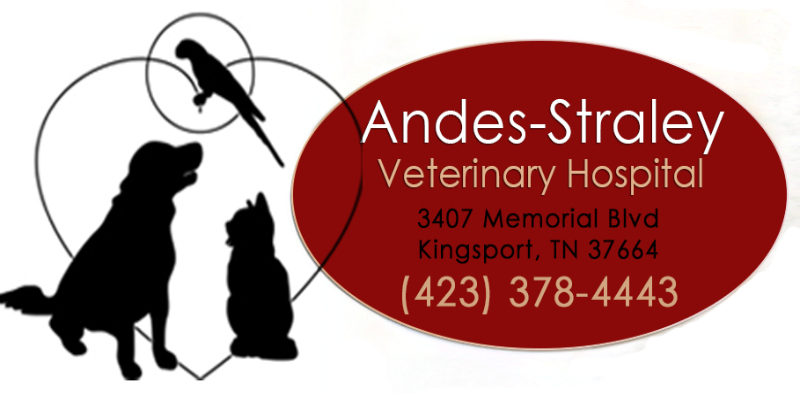What To Do With Injured Wildlife?
If you stumble across a wounded or sick wild animal, there are specific rules to follow. Injured wildlife is, unfortunately, something that happens often. Animals could be injured on the road or sick with an infection that leaves them utterly helpless. A person’s natural extinct would be to provide immediate care or assistance to the injured animal. To protect yourself and the animal in this situation, here are four tips to follow.
- Assess the Situation
Before making any split decisions, try your best to assess the situation. Depending on the conditions of the animal and situation, you may need assistance. If the animal is injured, it is essential to note where the injuries happened. Based on this, you will decide how to move or position the animal. As long as you assess the situation and use common sense, you will help the animal.
- Gloves
It is essential to use gloves, or another item to keep yourself from direct contact with the animal. If you are unable to wear gloves at the time, using a towel is a good option. As much as you want to help, you must remember this is a wild animal. Some species would be rejected by their mothers if humans touched them. For this not to happen in the future, avoid skin-to-skin contact with the animal.
- Movements
This does not mean freeze and panic. Keep in mind that if the animal is in pain, the animal might be more alert. Their instinct is to get out of the situation and protect themselves. If you need to handle the animal directly, use slow movements. Do not immediately reach to grab the animal because it could scare them further. Initiate small movements towards the animal with your body or hand. Once you can get hold of the animal, gently and safely move them.
- Next Steps
You will need to decide what happens next with the animal. If the animal is sick, you will likely take them somewhere, as well as injured animals. One way to transport an animal is to put them on a blanket, either in a pet carrier or box. That way, you aren’t handling them anymore. Do not try to feed or give water to the animal. This could harm them more. Keep the animal in a dark and quiet place. You can drape a towel over the carrier to provide a more calming environment. Try to get the animal to rescue or vet as soon as possible. You might check to see if there are rescues who can pick up the animals as well.
If you find an injured or sick animal in the Kingsport area, Andes-Straley Veterinary Hospital can help. We have extensive knowledge and training in wildlife rehabilitation. At our hospital, our vets can assess the animals and decide on further treatment. Our mission is to provide humane and compassionate care for wildlife until they can resume their healthy lives in nature. For more information or assistance with animal rehabilitation, call us at (423) 247-4984. Visit us online to schedule an appointment today!



